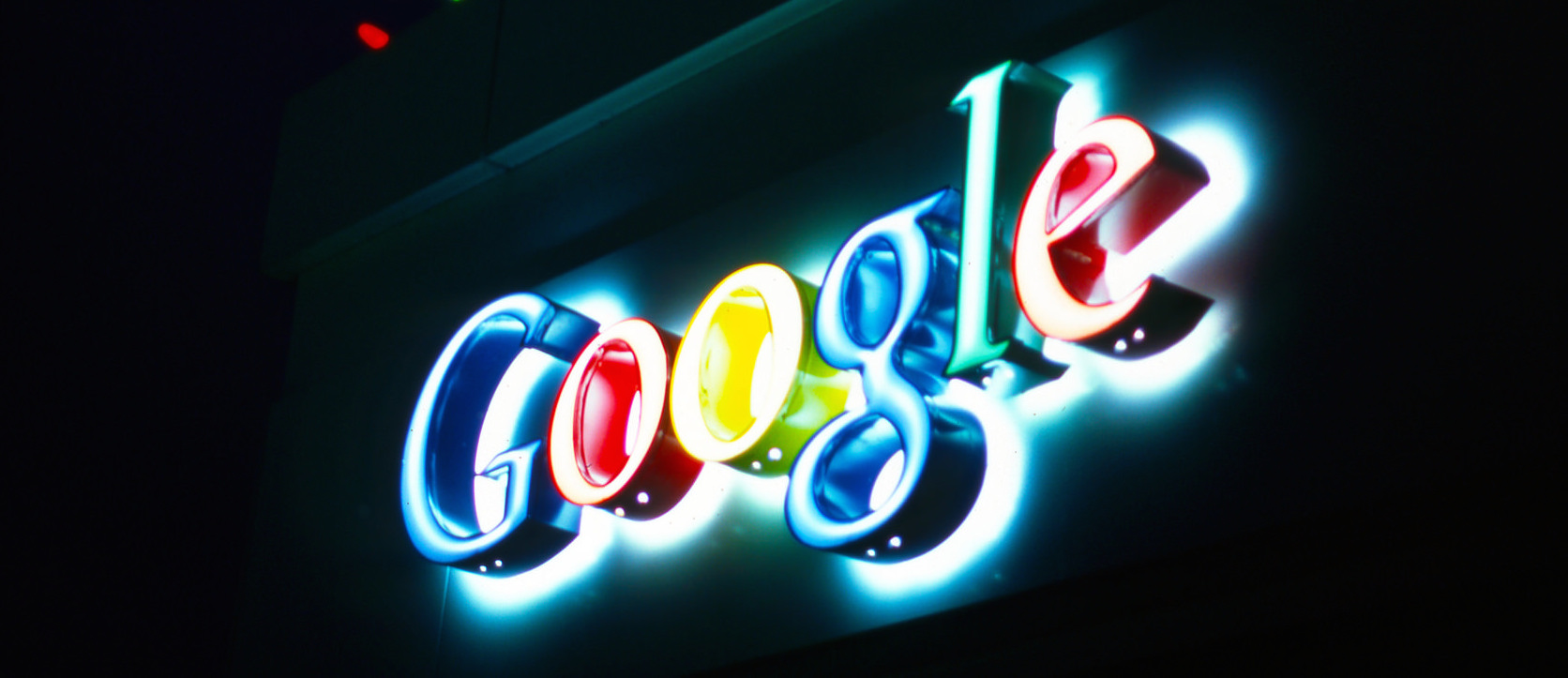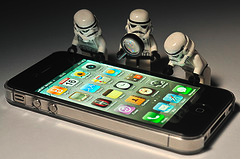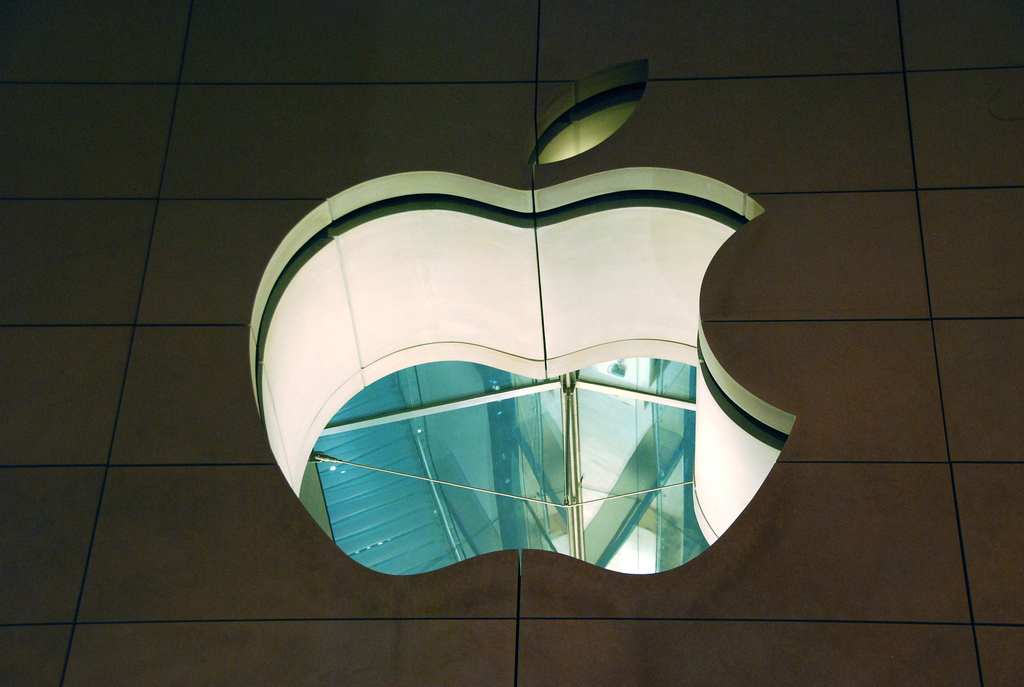After the European Union antitrust commissioner announced earlier this week that Apple received preferential treatment in terms of taxes and owes Ireland €13 billion or so for 10 years’ worth of back tax, Apple CEO Tim Cook is calling the whole thing “total political crap.” [More]
eu

Google’s Pre-Loaded Android Apps Target Of EU Competition Probe
While Android smartphones may allow you to install all manner of apps that compete with the pre-installed Google products like Maps, Gmail and its namesake search engine, is the fact that these apps are required to come pre-loaded on Android devices hurting competition and innovation just to benefit Google’s bottom line? That’s the question being asked by the European Commissioner for Competition. [More]

U.K. Orders Google To Forget 9 News Articles About The “Right To Be Forgotten”
Although Europeans in 28 countries have the option to ask Google to remove Internet search results about themselves under certain conditions, Google is pushing back against a new “right to be forgotten” request — one that seeks to remove nine news articles about the “right to be forgotten” itself from its internet search results. [More]

European Union Looking Into iPhone Contracts After Carriers Complain They Stifle Competition
Regulators over in Europe are checking into Apple’s deals with cellphone carriers after complaints that the iPhone contracts the company uses stifle competition. There are no formal complaints yet, but a group of wireless carriers banded together to submit info about their various contracts to the European Commission, in a move reportedly started by French carriers. [More]

E.U. Agrees To Universal Standard For Phone Chargers
Ugh, next time those snooty Europeans come over to blanket us with their Euro-gold, they’ll have one more reason to be all smug and superior: ten of the world’s largest telecoms have agreed to make a universal phone charger that can charge any phone sold in the European Union.

Which Store Has The Worst Return Policy?
As part of their multi-pronged effort to fight the financial Godzilla besieging the world economy, the European Commission today proposed a 14-day no-questions-asked return period for any online purchases made within the European Union. The “two-week cooling-off period” is designed to give consumers a chance to shop across borders for the best prices without worrying about return policies. The practically adorable European decision to respond to a financial crisis with consumer protections made us want to look inwards at some of the onerous return policies Americans face.

EU Pushes For Per-Second Wireless Billing
Viviane Reding, the European Union’s Telecommunications Commissioner, is our new wireless hero. She’s demanding that wireless carriers in Europe begin billing on a per-second basis rather than per-minute, because “at the retail level, the difference between billed and actual minutes appears to be typically around 20 percent.”

China Will Not Be Banned From Exporting Toys To EU
Here’s something everyone can be thankful for—the Chinese, Europeans, and tangentially everyone in America and the rest of the world who have spent the better part of last year dodging lead bullets from the factory nation. The European Union’s consumer chief has said that China has made “quantum leaps” in improving its safety protocols, and will therefore not face a ban in the EU.

EU May Ban Chinese Toys After October
China’s toy imports make up more than half the toy market in the EU, and apparently their lax safety record hasn’t escaped the grim, existential gaze of Europe. Meglena Kuneva, an EU commissioner, put it quite bluntly in front of the EU’s internal market and consumer protection committee last week: “This is the last warning. If there’s an unsatisfactory report in October we will [impose] the next layer of measures. Among them is a ban on products,” which the Associated Press reports could include toys.
EU Bans Flogs
A new European directive bans businesses from creating fake blogs, or posting positive reviews about themselves without revealing their identity.


